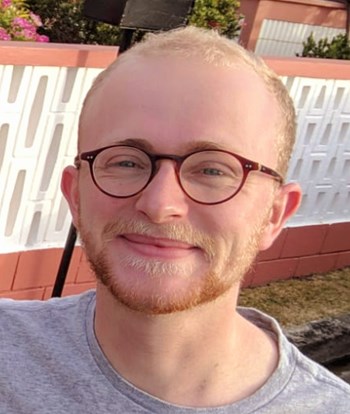
Hi there, I'm Paddy Robinson, I trained in London and took an F3 year in paediatric emergency medicine, during which I took both FOP and TAS. I'm now a paediatric trainee in the South West of England.
The written papers for the MRCPCH are split into 3- Foundation of Practice (FOP), Theory and Science (TAS) and Applied Knowledge in Practice (AKP). The first two parts, previously MRCPCH 1a and 1b, are often taken on the same day by candidates. I took both FOP and TAS on the 15th June 2022. FOP has 79 single best answer (SBA) and 6 extended matching questions (EMQ), and TAS 70 SBAs and 10 EMQs. Pastest has a comprehensive question bank for both these exams, and I used this to supplement my learning from The RCPCH accredited 'MRCPCH Mastercourse, The Science of Paediatrics'. I used the ‘clinical cases’ series for FOP, but not TAS.
FOP is often noted as the easier of the two and contains questions about disease more applicable to general practice, which is why it forms the first part of the diploma for child health (DCH), that general practice trainees or other generalist specialties often aim to complete. Questions revolve around the knowledge that a trainee can pick up whilst doing a paediatric job, or those that a general practitioner must be aware of in primary practice. Common topics are milestones, diabetic and wheeze management, common infections, and syndromes. Between 50 and 70% of all candidates pass FOP, with the UK graduate pass rate normally being roughly 10-20% higher.
TAS is something only paediatric trainees who want the full MRCPCH must pass, and it has come to represent a significant hurdle in the path of progression for many trainees. I was advised to take TAS before starting training, but not FOP- as TAS is the exam all trainees wish to have ‘out of the way’. FOP and MRCPCH part 2 (or Applied Knowledge in Practice, AKP) are more clinically applicable in practice, and revision for these is seen as higher yield. Common themes in TAS include mechanism of action of antibiotics and anti-epileptic drugs, ophthalmology, genetics, tropical medicine, and metabolic medicine. Between 40 and 70% of candidates pass TAS, and there is less variety between UK and non-UK graduates. Again, this suggests FOP is more about clinical experience in a UK-type healthcare system and TAS more about book study.
I took both exams in London Holborn- I was concerned about the standardisation of supervision if taking these exams at home- I remember being anxious about imposed limits on my freedom to use the toilet and worried about the internet connection or laptop battery. My FOP exam contained many neonatal questions which I have had less clinical experience, and my TAS exam many ophthalmology questions I had not prepared adequately for. I remember coming out of both exams being sure I would have to retake each- but thankfully my hard work did pay off and I am now studying for my AKP exam. I echo advice I received before my exams- ensure you revise for the subjects you are less comfortable with as other candidates often struggle with the same topics; these marks are easily scooped up by a candidate with a solid grounding in metabolic medicine, nephrology, the science of practice, pharmacology, tropical medicine, haematology, and oncology.
Good Luck! (even though you probably don’t need it)
References:
https://www.rcpch.ac.uk/education-careers/examinations/your-exam-results-mrcpch-dch
- 28 Sep 2022
- MRCPCH